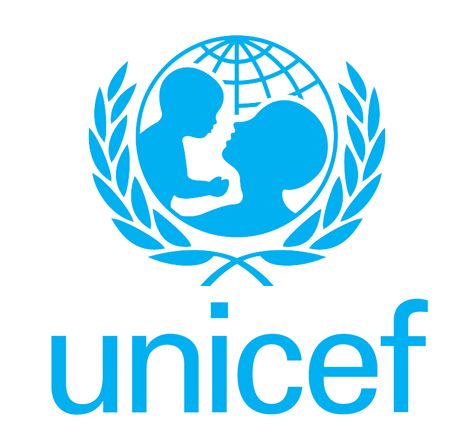NGE President, UNICEF, Stakeholders Make Case For Solutions Journalism
President of the Nigeria Guild of Editors, NGE, Mr. Eze Anaba; the United Nations Children, Education Fund, UNICEF, and other stakeholders have tasked media practitioners in Nigeria to embrace solutions journalism.
The event highlighted the urgent need for multi-sectoral collaboration to protect Nigerian children, who constitute nearly half of the country’s population.
Speaking on “Reinforcing the Role of Media in Mainstreaming Child Rights,” Anaba said: “As journalists, editors, and media practitioners, we wield a unique power: the power of storytelling.
“The narratives we create can inspire, mobilize, and drive change.
“We must ensure that our children remain ahead in all we do, with the objective of making our country and the world a better place for them.
“I urge us to channel this power toward a cause that demands our collective attention, the rights and well-being of Nigerian children.”
Describing the situation as a national emergency, Anaba called for collective commitment from journalists, policymakers, and health professionals to prioritize child rights.
“Nigeria is home to around 220 million people, and nearly half of them are children.
“While we celebrate the vibrancy and resilience of our young population, we must confront some stark realities. Millions of Nigerian children are out of school.
“We see them on the streets, hawking and begging. They are victims of violence, abuse, child marriage, and labor.
“Many are unvaccinated, leaving them vulnerable to preventable diseases. In conflict-affected regions like the Northeast, children are forcibly recruited as combatants, robbing them of their innocence and futures.
“These statistics are not just numbers; they represent stories of children whose rights are denied and whose dreams are deferred.
“These stories must be told,” he added.
“Our role in mainstreaming child rights is as important as that of any other stakeholder. We must uncover and amplify the voices of the voiceless by highlighting the challenges children face.
“Let us embrace solution-based journalism that not only highlights problems but also explores and advocates solutions.
“Child rights should not be relegated to the margins of our news cycles, but should take center stage where they belong.”
Beyond highlighting challenges, Anaba stressed the importance of celebrating successes, such as the implementation of child-friendly policies, community-driven solutions, and young changemakers making an impact.
UNICEF’s Country Representative, Cristian Munduate, underscored the severity of the situation, revealing that 2.1 million Nigerian children have not received any vaccines, leaving them vulnerable to preventable diseases.
“We have nearly 10 million primary school-aged children who are not in school. Poverty and insecurity are major barriers,” Munduate noted.
Munduate also highlighted the issue of multidimensional poverty, noting that 67 per cent of Nigerian children face various forms of deprivation, including poor health and lack of education.
The symposium stressed the media’s role in holding the government accountable and amplifying the voices of vulnerable children.
The UNICEF representative praised past media efforts that influenced policy changes and urged journalists to maintain pressure on stakeholders.
“Childhood is short. We must act now to secure a better future for our children,” Munduate stressed.
Speaking on the plight of Nigerian children, Tunde Onakoya, founder of Chess in Slums Africa, said: “The Nigerian child is an interesting paradox. On one hand, they represent hope and potential.
“However, potential means nothing if it’s not realized. The Nigerian child faces staggering odds just to survive.”
Onakoya further explained that Nigeria’s future workforce is at risk.
“If we have 20 million children out of school with no skills or education, how will they participate in the future economy? Without education, they will become liabilities rather than assets.
“The world does not want liabilities; it wants skilled workers, who can build economies,” he said





